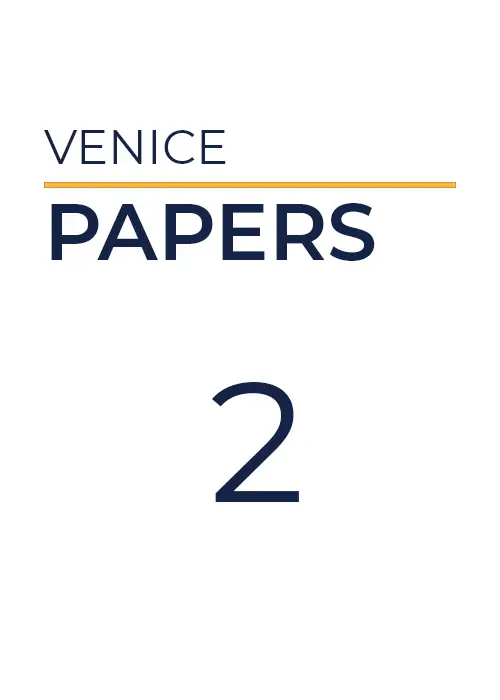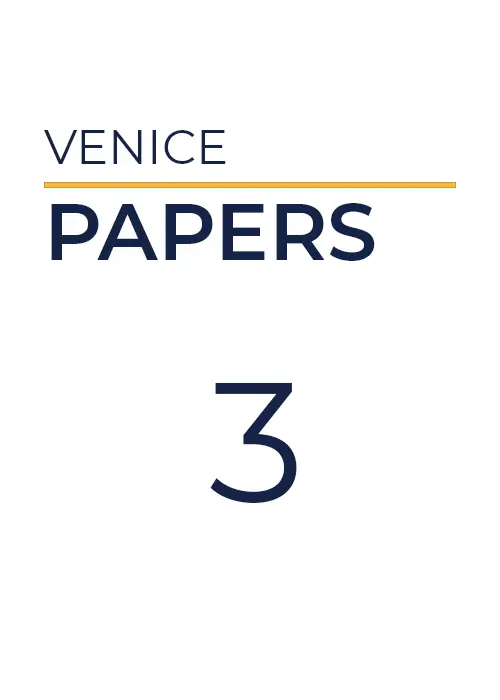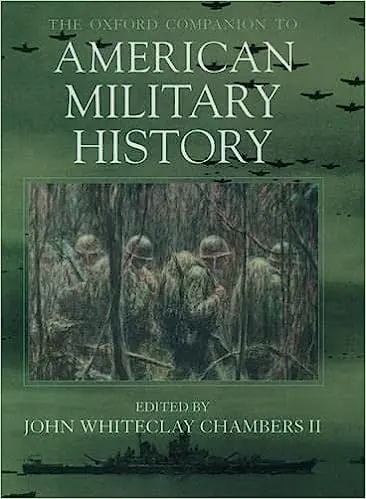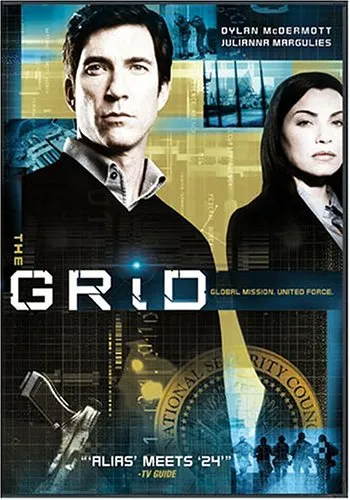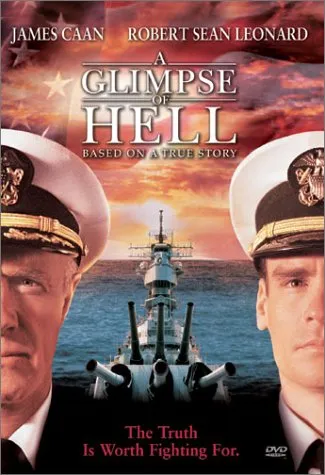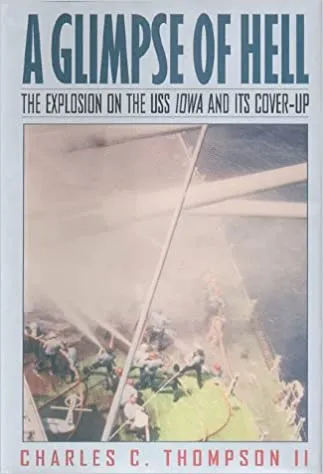VENICE PAPERS
Turning strategy making to a new page
The 1989 end of the Cold War turned a new page for the world. Still on active duty in the Pentagon, I was invited to meet in Venice with Mikhail Gorbachev and a group that had helped turn that page. The Venice meeting led to my next ten years of work. Traveling the world in partnership with UNESCO’s Director-General and many local citizen leaders, I explored the outlines of a new strategies for peacebuilding and conflict prevention. These three Venice Papers distill those still-relevant ideas.
ARTICLES
MAKING AMERICAN NAVAL STRATEGY (Essay)
This important essay summarizes the American way of making and using a Navy. Written at the turn of the Century as foundation for the next generation thinking needed in our post-Cold War world, I’d hoped it would catalyze a new era for fresh thing. While the principles and perspectives are still valid, the renaissance in strategy I’d hoped to see has not yet sprouted.
COMMENTARY
MOST RECENT
If You Want Peace, Work For Peace
Christian Science Monitor—December 2002 The end-of-year holiday season brings flurries of greeting cards touting peace. This piece offers one of my core convictions: that peace is work—our main work—not a result. GIG HARBOR, WASH.—We're all in favor of peace. But...
Building Defenses of Peace
Christian Science Monitor—October 2002 Written in the midst of what we now know was the Bush administration's callous manipulation of the UN enroute an already-decided invasion of Iraq, this piece suggests that we, the international community, need to revisit some...
The American Boiler
Christian Science Monitor—September 2002 Quoting Churchill, this column was penned a year after the 9/11 attacks. The close of the piece seems still valid: "Bin Laden was counting on us to be self-centered and self-defeating when under sustained attack. The world is...
Bin Laden’s Innovations
Christian Science Monitor—August 2002 Osama bin Laden and his Al Qaeda leaders continue to elude and bedevil us. Bin Laden's movement and the strategic thinking of the Islamists continues to evolve. I fear that, as discussed here, our legions of super-secret hit...
Demand More of America’s Leaders
Christian Science Monitor—July 2002 As the arts of sloganeering and political manipulation become the first competencies of public officials, I worry about a general decline in the quality of public leadership. One might make the connection to the nation's—indeed, the...
Save a Slot for Columbia
Christian Science Monitor—June 2002 In a world churning with activity, we tend to stare at only one or two headline-quality problems at a time. This op-ed suggested that we take a minute from other crises to watch one of the planet's primal struggles. The jury is...
No to Anti-Arab Bigotry
Christian Science Monitor—May 2, 2002 No to anti-Arab bigotry, The US must see Mideast Arabs as part of the solution—May Writing this piece, my concern was that the American-led war on terror was taking a wrong turn into the fuzzy belief that Arab and Islam were...
Listen for Peace
Christian Science Monitor—April 2002 My own title for this piece is "Visible Listening." Advocating strategic listening as our most powerful public diplomacy tool, this was written six months into the "war" on terrorism. It was clear then that America's moral standing...
Where’s Military Creativity?
Christian Science Monitor—February 2002 Written to help citizen-taxpayers critique the Pentagon's budget request, this op-ed challenges the professional expertise of the modern officer corps. I think this criticism is even more valid after watching the mistakes our...
Our New Kind of War Needs Teamwork
Christian Science Monitor—November 2001 We've now forgotten how radically the US attack on Taliban and Al Qaeda in Afghanistan differed from traditional military operations. This essay, written in the early days of that brief, semi-successful war, explores two...
In a New War, Innovation is Needed
Christian Science Monitor—October 2001 Written for citizens watching the precursor skirmishes of the invasion of Afghanistan, the first move in what has become known at GWOT—the Global War on Terrorism—this piece suggests a general approach to thinking about what our...
Creating Security in an Uncivil World
Christian Science Monitor—September 2001 The Monitor asked me to write this on the afternoon of the 9/11 attacks. (Carla and I could see the Pentagon burning from our kitchen window in downtown Washington.) Asking citizen's questions about how we proceed, the piece...
Subscribe
VIDEO & FILM
COMMANDING A BATTLEHSHIP
Follow along as naval historiographer Drachinifel interviews Captain Larry on what it’s like to actually command a battleship.
THE ESSENCE OF COMMAND
Follow-up intervierw by naval historiographer Drachinifel interviewing Captain Larry on a variety of subjects including some interesting and amusing facts about the Iowa class battleships.
GRID
THE GRID—ALL SIDES OF BOTH SIDES IN THE WAR ON TERROR
“…it is impossible to ignore how ground-breaking this show is: It is the entertainment industry’s first unvarnished look at the clash of Western civilization and Islamist terrorism.” Weekly Standard
“…a fast-paced thriller for grown-ups.” New York Times
Larry is the technical advisor to the limited series, THE GRID. THE GRID (Part 1) aired in the U.S. in the summer of 2004. Co-produced by BBC, TNT, and Fox Studios, THE GRID aired in the United Kingdom and parts of Europe in Fall, 2004, and is now being released in other international markets. GRID II is in preparation.
Showing “all sides of both sides”—the worlds of extremist Islamist terrorists and the worlds of the international counter-terrorist teams who oppose them—THE GRID has been praised for its gripping, totally authentic portrait of the lives of terrorists, moderate Muslims, and counter-terror officials. GRID I depicted the struggle of American and British intelligence to track down a new, al Qaeda spin-off cell. GRID II will explore nuclear terrorism.
Working closely with Executive Producer Tracey Alexander, Larry provided the real-world research which she and the writing team translated into fictional but wholly realistic portraits of the evolving war against terrorist violence and its roots.
A glimpse of hell
A GLIMPSE OF HELL—AN (UNNECESSARY) AMERICAN TRAGEDY
Written by 60 Minutes producer Charlie Thompson and published by W.W. Norton, A Glimpse of Hell was turned into a TV movie by Executive Producer Tracey Alexander, starring James Caan and Robert Sean Leonard. Larry worked with Charlie Thompson during the writing of the book. Later invited by Ms. Alexander to become the technical advisor, Larry worked on the film from the script development and pre-production stages, was on set when the movie was shot in Halifax, Nova Scotia, and then assisted in the post-production work in Los Angeles and with marketing the movie.
A Glimpse of Hell tells the story of a double tragedy: a world-renowned ship, the pride of the fleet, her crew drawn from top-drawer volunteers from all over the Navy—and once praised by President Reagan after his visit on board as “absolutely perfect”—fallen into the worst peacetime accident in Navy’s history.
Larry remains deeply concerned about the lack of a just closure to the Iowa “case”: The Navy’s failure to acknowledge its grievous mismanagement of the accident investigations has permanently damaged public confidence in the integrity of Navy’s leadership. Worse, Navy’s failure to do the right thing by the families of the Iowa 47 continues to inflict a cruel and unnecessary injustice both on these fine American families who have lost their beloved son, husband, father, and to tarnish the patriotic service of the thousands of outstanding men who served proudly in Battleship IOWA. Larry remains confident that, one day, a generation of Navy leaders will decide to right this horrific wrong by apologizing to the families, acknowledging the investigatory errors, and celebrating the crew’s many accomplishments.


